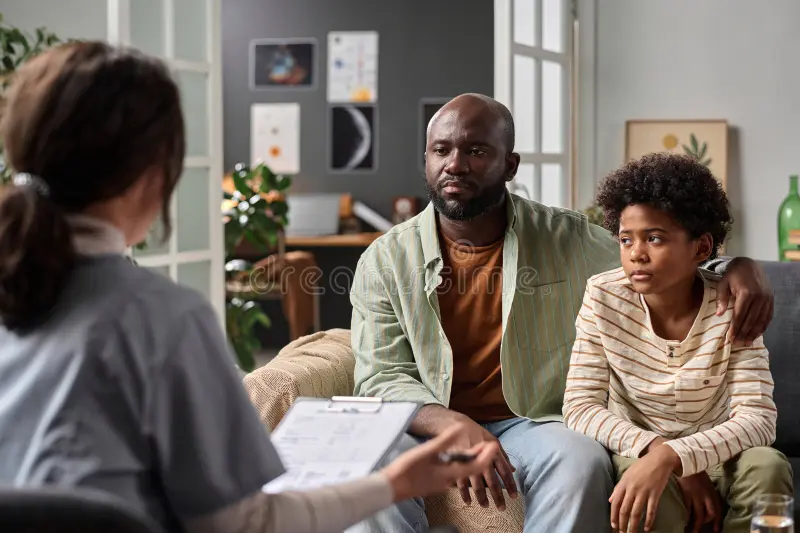24/7 Helpline:
(866) 899-221924/7 Helpline:
(866) 899-2219
Learn more about Bipolar Disorder Treatment centers in Richland
Bipolar Disorder Treatment in Other Cities

Other Insurance Options

UMR

Health Choice

Coventry Health Care

Providence

Excellus

ComPsych

BlueShield

Optum

MHNNet Behavioral Health

Absolute Total Care

Medical Mutual of Ohio

CareSource

MVP Healthcare

Anthem

Oxford

Magellan

Amerigroup

Premera

Humana

Aetna



















Havre Center for Mental Health
Havre Center for Mental Health is a private rehab located in Havre, Montana. Havre Center for Mental...

White Sky Hope Center
White Sky Hope Center is a private rehab located in Box Elder, Montana. White Sky Hope Center specia...

Hi Line Recovery
Hi Line Recovery is a private rehab located in Havre, Montana. Hi Line Recovery specializes in the t...








